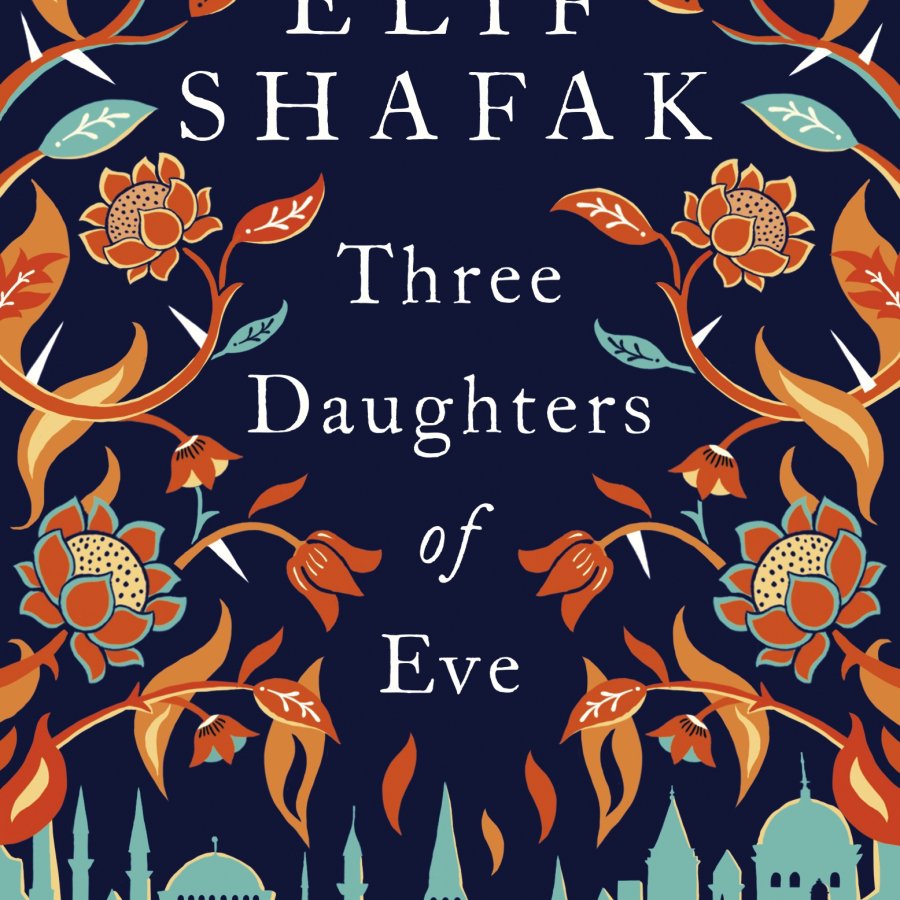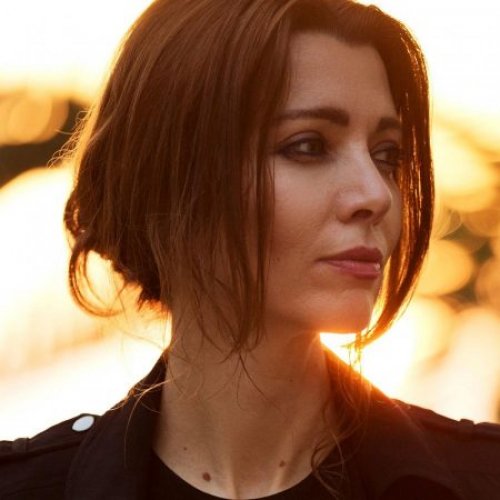I Am A World Citizen and A Global Soul
_1_900_900_85_s_c1.jpg)
Because of a poem, a story, a novel, a sentence in an interview or even a tweet, in one day, you can be stigmatized and blacklisted; you can be almost lynched in social media and attacked in pro-government media. All of a sudden, you can be labelled as “a traitor.” “A betrayer.” You can be sued, put on trial, detained, arrested or even imprisoned. You can be exiled too. All because of words.
As a result, there is widespread self-censorship among Turkey’s intellectuals and artists. But this is a subject that is rather difficult to talk about; let alone, admit. It is also a bit embarrassing. Very few people will openly acknowledge it. But the truth is, in today’s Turkey, there is too much tension, too much persecution, too much pressure, too much fear. And wherever there is all these four elements at once -tension, persecution, pressure, fear - it means, there is self-censorship.
For women journalists, intellectuals and writers the climate of fear is especially hard because the kind of hate speech that we receive is almost always tainted with sexism, misogyny, swearing. A male novelist is regarded as a novelist, and that’s it. Nobody will mention that he happens to be a man! There is no need. For female novelists it is usually the other way round. You are seen as a ‘woman’ first and foremost, and then, as an intellectual or a writer. Turkey is a deeply conservative, patriarchal, male-dominated and homophobic country. And the literary circles, though liberal and Western at first glance, are, in truth, not that different. Being a Turkish novelist means worrying about your motherland all the time.
As attached as I am to Istanbul and its stories, I am a nomad. A commuter. I am connected to the Balkans, the Aegean, the Mediterranean, there are elements in my soul from the Middle East, I am a European by choice and the fundamental values that I embrace, I am a Londoner, a world citizen and a global soul. I refuse to be reduced to a single identity. I believe in multiple belongings.
I once read an American writer claim that the reason why she wrote about love and heartbreak was because these were the main things that people talked about around dinner tables. The statement made me pause. At dinner tables in Turkey we have another favourite subject: Politics! True, we also talk about love and heartbreak when we get together, but we spend equal time, if not more, sulking about politics. And as the political situation gets worse and worse, we spend more and more time talking about politics.
In Turkey daily politics is aggressive, masculinist, pervasive and divisive. And emotional. It is emotions that guide politics; not reason, not logic. Turkish politicians get upset too easily: they get cross, they get angry at Europe - as though Europe were a boy they quarrelled with on the street while playing marbles. Everything is based on the principle of tit-for-tat. If European leaders criticize Turkey, Turkey’s politicians criticize back, never for a moment thinking if there might be anything valuable in the criticism.
My writer friends from Pakistan and Egypt and Columbia tell me it’s more or less the same for them. That is why, if you happen to be a novelist from such “failed democracies”, you do not have the luxury of being apolitical.

My new novel, Three Daughters of Eve (forthcoming February-2017, published by Penguin), tells the story of three young women from Muslim backgrounds. One of them is Shirin, a British-Iranian, child of exiled parents. As an atheist and a feminist she is very critical of Islam’s treatment of women. The second young woman is called Mona, who is a practising Muslim. She is Egyptian-American and she often complains about Islamophobia. The third young woman is Turkish. Her name is Peri. She has hundreds of unanswered questions and unsolved riddles swirling inside her mind. Together, these three girls are The Sinner, The Believer and The Confused.
My novel mostly focuses on the journey of The Confused, asking difficult and timely questions about identity, nationality, Islam, feminism, sexuality, faith, belonging. At some point in the story, Mensur (Peri’s beloved father) says, ‘Travel the world you shall see. In a democracy, when a man gets drunk, he cries, “What happened to my sweetheart?” But where there is no democracy, and little hope for its restoration, when a man gets drunk, he cries, “What happened to my sweet country?”’

Elif Shafak
Author, Columnist, Speaker & Academic
Elif Shafak is an award-winning novelist, women’s rights & LGBT rights advocate and an inspirational public speaker.
She writes in both Turkish and English, and has published 15 books, 10 of which are novels, including The Bastard of Istanbul and The Forty Rules of Love. Her novels have been published in 47 languages and she has been featured in major newspapers and periodicals around the world. Shafak has been long listed for the Orange Prize, MAN Asian Prize, the Baileys Prize, the IMPAC Dublin Award; shortlisted for the Independent Foreign Fiction Prize and RSL Ondaatje Prize.
She was awarded the title of Chevalier de l’Ordre des Arts et des Lettres.
Published: 16/03/2017


